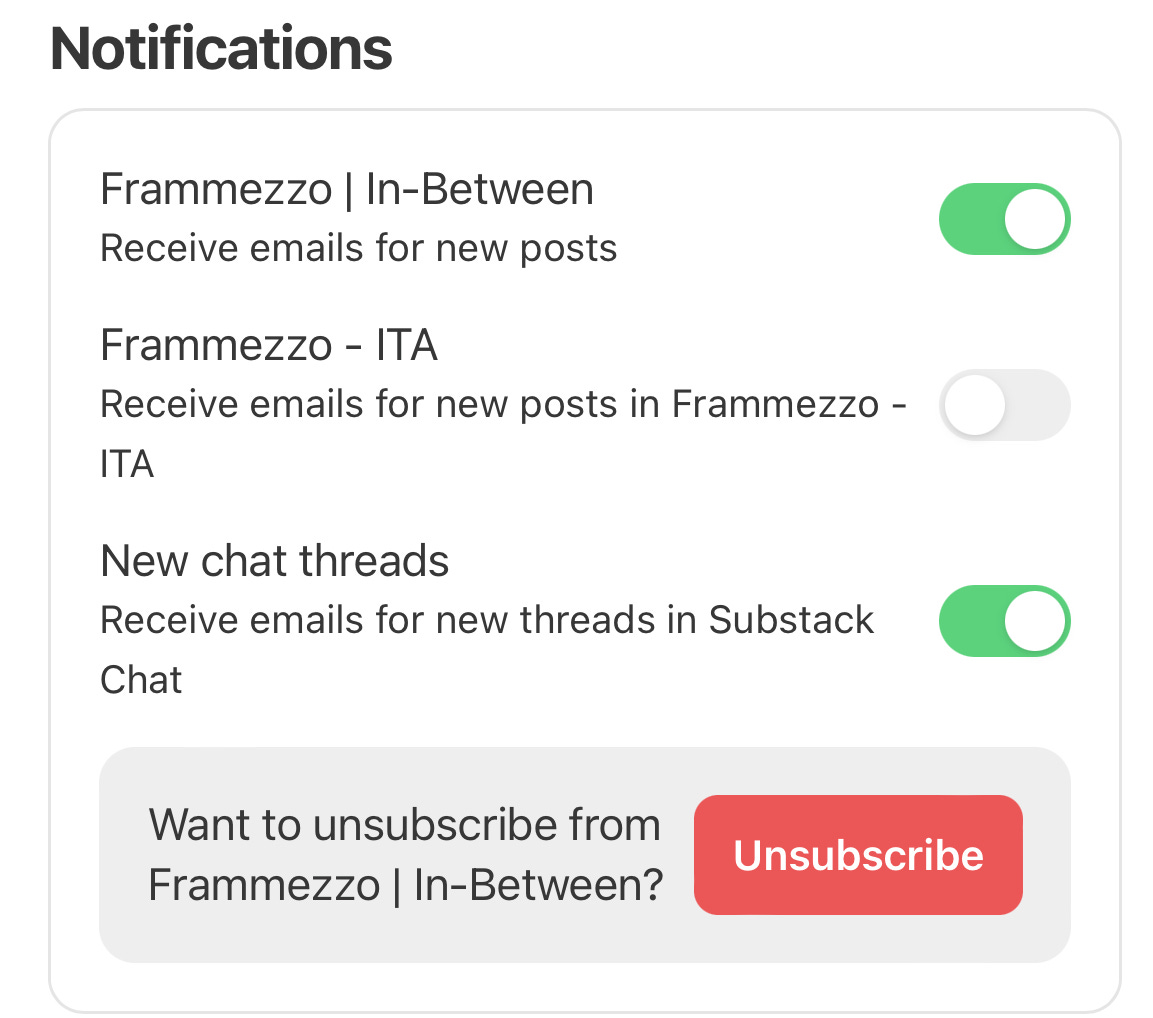The art of taking up space
Pausing to appreciate Beauty is good for you - according to Yale and Japanese rituals
How much do our minds’ inner workings shape our wellbeing?
To read this post in Italian click here.
During the first lockdown of 2020, when anxiety about COVID-19 and that strange pause of everything in life felt overwhelming, I signed up for a course from Yale University called The Science of Well-Being. It’s an online adaptation of a university class that dives into the science of happiness.
I wasn’t alone. In March 2020, over half a million people enrolled. By 2021, that number had grown to 3 million, and today, nearly 5 million people have taken the course.
Still available for free on Coursera, The Science of Well-Being is designed around a series of tests and challenges to help build habits that increase happiness. It also explores how our minds shape the way we think about and experience wellbeing.
One exercise, the Authentic Happiness Inventory, stood out to me. It revealed that one of my strengths of character is the ability to “appreciate beauty and excellence”—in nature, people, and art.
At first, this felt like a nice but abstract insight. But during those lockdown days, I was actually spending my time balancing fast-paced work with long walks in nature, where I noticed every tiny detail—the buds on trees, the first spring blooms. I even downloaded an app to help me identifying the plants I came across.
Through the course, I realized that these moments of pausing to appreciate beauty weren’t just calming—they were actually one of my character’s strengths. What a surprise!
Now, at the start of a new year and as I prepare to leave my Winter Frammezzo in Italy, that course has come back to mind. Partly because of the endless January chatter about New Year, New You topics in the press, but also thanks to a newsletter I follow, , which recently explored new year rituals and the Japanese concept of yutori.
What is yutori?
Yutori is a noun that means having room to spare, not being cramped. Room to breathe. Rest. At its core, yutori translates to "spaciousness", and the concept extends beyond physical space, encompassing mental and emotional space as well.
Yutori is the way the word becomes alive in the presence of nature. It’s a reminder that the pursuit of space, whether in our minds, our hearts, or our physical surroundings, is not just about the absence of noise or activity but the presence of something deeper: a space for thought, connection, and being. I believe it can be felt by anyone who yearns for more space in their life.
To take up space, can also mean pausing to observe the wonders of nature, art, or even just the view from our window.
How often do you live a moment of yutori?
Since moving to England and starting my life in the Frammezzo, I’ve often leaned on yutori and my appreciation for beauty to navigate moments of solitude.
Oddly, one of the ways I’ve tackled loneliness is by creating more space for myself. Long walks, sitting on a bench watching the indigo tones of an English Winter sky—these simple acts have become essential for my wellbeing.
Living alone in a new country has given me the freedom to lose myself in small, beautiful moments, like lying on a picnic blanket to watch the clouds. No guilt, no interruptions, just time for myself.
Some of the 24 strengths of human character according to the Authentic Happiness Inventory
If the idea of creating space for yourself feels strange or uncomfortable, you’re not alone—I’ve felt that too. But I’ve found that in these quiet moments, appreciating the small things can be transformative.
This Frammezzo way of life has also taught me to see every place I live as both a permanent and temporary gift. It brings an intensity to everyday routines, whether in England or Italy, reminding me not to overlook the ordinary moments that make life special.
As soon as I feel this intensity winding down, I know it’s time to swap around, to move to the other half of my life.
If you’ve ever felt this on your travels—pausing to admire an intricate building or savouring the unexpected flavour of a dish—then you know what I mean. Or maybe you’ve felt it on a quiet Sunday morning, sipping coffee in your favourite spot, no rush. Or lying in your old bed at your parents’ house, if you are lucky enough to be able to do it sometimes, where everything still smells like your childhood.
These are moments of yutori, of appreciation of beauty. And they don’t just feel good—Yale Uni says they can truly improve our wellbeing, and I say it too.
So here’s my wish for all of us this year: to find more yutori and moments of well-being.
If you feel like, join the chat and let me know: in which ways do you usually take up personal space in your everyday life? What does make you feel yutori, do you appreciate the moment and beauty around you?
See you in the next few newsletters, with the second episode of Frammezzo Books and a new interview. Until then!
Will you help me?
Do you know someone (or maybe it's you!) who lives across two (or more) different places? Or who has different jobs and hobbies, and has found (or is trying to find) a way to pursue them both? Maybe you'll think of a couple of friends managing a long distance relationship, or acquaintances starting a side business, like renovating a countryside home to offer gardening or cooking classes.
If you do, it would mean the world to me if you could let me know by hitting the reply button of this newsletter, like a regular email or leaving a comment in the Chat.
My goal for Frammezzo is to create a space for sharing, a community where we can freely tell our stories and dreams, especially for those who think a bit outside the box and struggle to find kindred spirits to exchange ideas and experiences with.
Set your preferences
Language
If you would like to stop receiving newsletters in both English and Italian, please log into your Substack account via the app and select your preferences.
Navigate to your Settings page via www.substack.com/settings and click on Edit profile, or the publication you want to make changes to.
Slide the toggle next to each section you'd like to stop receiving emails or app notifications from. To receive just the email in English, select Frammezzo | In-Between.
Chat Threads
Get the Substack app by clicking this link or the button below. New chat threads might not be sent sent via email, so turn on push notifications so you don’t miss conversation as it happens. You can also access chat on the web.
Open the app and tap the Chat icon. It looks like two bubbles in the bottom bar, and you’ll see a row for my chat inside. I can’t wait to read your messages!








Thank you so much for sharing the quote. It was a lovely reflection; "If the idea of creating space for yourself feels strange or uncomfortable, you’re not alone" - this definitely resonates. Let's have a year of spaciousness/yutori in 2025!